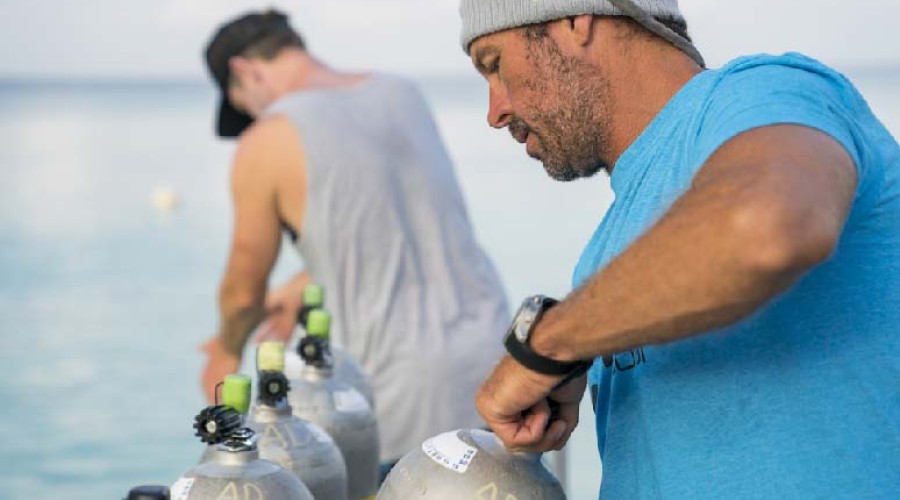
PADI Divemaster, Master Scuba Diver, Divemaster, Master Scuba Diver… sometimes it all sounds the same, doesn’t it? You may ask, what’s the difference and does it really matter? While these two diving qualifications seem comprised of the same words, they are quite different.
If you’ve ever wondered what the difference is between PADI Master Scuba Diver (MSD) and Divemaster (DM), let us explain.
Firstly, think about the relationship between a great home cook and an apprentice chef. Both know a lot about cooking and both can make a delicious meal, but one prepares meals as a hobby, and the other is a professional chef in the making.
PADI Master Scuba Diver: a Recognition Rating
If someone is a Master Scuba Diver, that means they have significant experience and scuba training. They’ll have had their share of dive adventures and, as a result, spent lots of time in a variety of different underwater environments, from night diving to deeper dives.
Fewer than 2% of divers ever achieve this rating, which makes them an elite group. That’s why the MSD certification is known as the black belt of scuba diving! Pursuing the MSD has also changed people’s lives, helping them learn new skills, grow confidence, promote ocean conservation, and focus on their physical and mental wellbeing:
“Once I achieved my MSD rating, it certainly wasn’t just the rating (which by the way it is awesome to be recognized as the highest level in recreational diving), but my confidence as a diver literally took a turn for the better. I transformed from being a complacent diver to becoming more confident both above water and underwater” – Sharon Loh
What it takes to become a PADI Master Scuba Diver:
- At least 12 years old (12-14 year olds earn Junior MSD)
- PADI (Junior) Advanced Open Water Diver certified
- PADI (Junior) Rescue Diver certified
- Earned five PADI Specialty Diver Certifications
- Have logged a minimum of 50 dives
- Complete application
Note: PADI Master Scuba Divers are not professionals and the PADI MSD rating does not qualify a diver to work in the diving industry. This is a recreational level that denotes the highest skill levels of those outside of the industry. If you’d like to be a professional diver, you’ll need to become a PADI Divemaster (see below) – which is why we are writing this Blog!
PADI Divemaster: A Professional Dive Leader
Divemasters help instructors teach scuba courses and can have leadership responsibilities that result in payment. In addition, getting paid for scuba diving means you’re a dive professional.
Prerequisites to take the course:
- At least 18 years old
- PADI Advanced Open Water Diver certified
- PADI Rescue Diver certified
- EFR® Primary and Secondary Care completed within the past two years (or a refresh)
- Medical clearance to dive
- 40 logged dives before starting the course
- 60 logged dives when finishing the course
What can a PADI Divemaster do?
- Supervise training and non-training related diving activities
- Conduct dive briefings
- Complete scuba reviews, such as PADI ReActivate
- Teach the PADI Skin Diver course
- Assist in Discover Scuba Diving programs and lead additional dives
- Lead Discover Snorkeling and Discover Local Diving programs
- Call themselves a scuba diving professional
- Obtain professional scuba diving liability insurance
What do you have to do to get this rating?
- Complete the Divemaster Knowledge Development sections and then pass the Divemaster Final Exam
- Pass five water skills exercises and a diver rescue assessment
- Complete a dive skills workshop and assessment
- Create an Emergency Assistance Plan
- Demonstrate practical skills, such as mapping, searches and briefings
- Complete Divemaster-led program workshops, such as ReActivate and Discover Scuba Diving
- Complete practical assessments for assisting on scuba courses
- Demonstrate professionalism toward other team members, guest divers and students.
How long does it take to become a PADI Divemaster?
The time taken to achieve the Divemaster certification will depend on your schedule, personal progress, and the route chosen. For instance, you can opt to complete the course in a shorter time (similar to other certifications), or undertake a longer-term internship where you’ll get to study – and work – alongside real-life students. In short, the course can take anywhere from a few weeks, to several months!
Master Scuba Diver vs. Divemaster
As you can see, both qualifications indicate highly experienced and knowledgeable scuba divers. But in summary, a PADI Master Scuba Diver is as far as you can go as a recreational diver – there is no superior level. Coversely, the PADI Divemaster certification is the very first rung on the professional diver ladder.
The PADI Course Flowchart
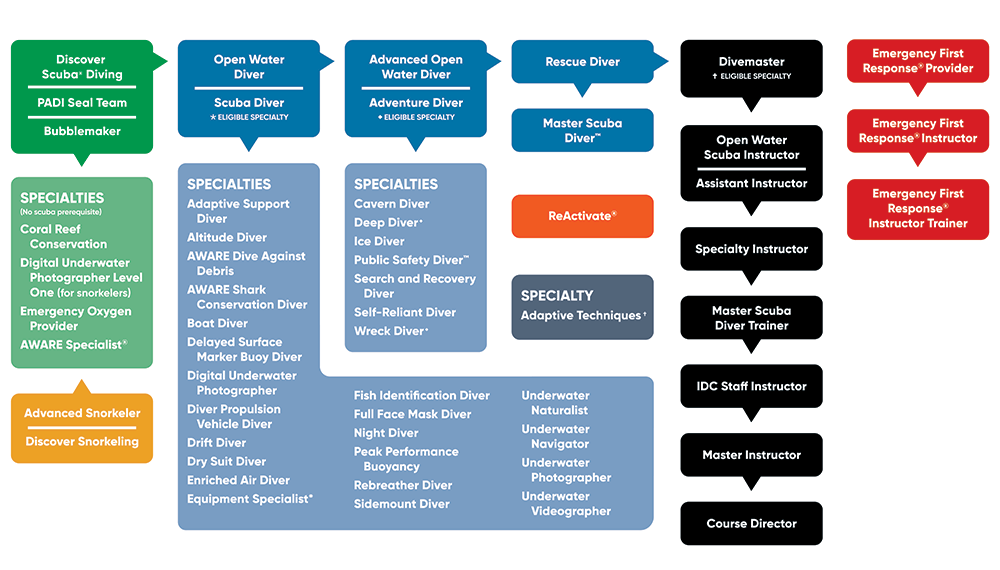
Deciding Which is Best for You – Divemaster or Master Scuba Diver?
When deciding between taking the PADI Master Scuba Diver and the PADI Divemaster Course, it’s important to ask yourself why you want to progress to another level?
Q. Is it because you want to work in diving either full-time, part-time, or in another capacity? If the answer is yes, then you are best opting for the PADI Divemaster Course.
Q. Are you someone who likes learning and progressing? If the answer is yes again, then the Divemaster Course allows you to progress to Assistant Instructor and Instructor.
Q. Do you like working with people and helping people? Are you patient or prefer to get on with things on your own? If you prefer to be self-sufficient, then the Master Scuba Diver will increase your self-confidence as a diver and is the perfect option.
Q. Are you looking to learn new skills, experience different types of diving, and feel a sense of accomplishment? The PADI Master Scuba Diver allows you to do all of these things; however, you may still want to consider the Divemaster course, too, particularly if you are a ‘people-person’ and enjoy helping others. There are many divers who become Divemasters for the challenge but do not actively work in the diving industry.
Now you know the difference between these similar sounding names! If you’d like to complete your Master Scuba Diver or Divemaster certification, visit PADI eLearning or contact your local PADI Dive Shop today.


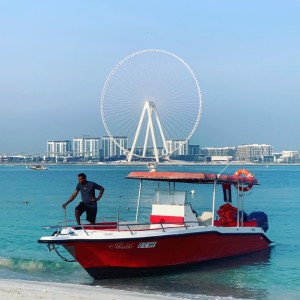
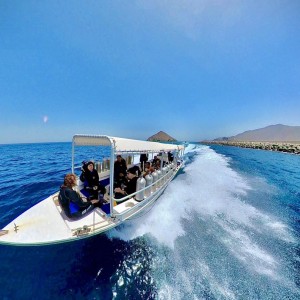
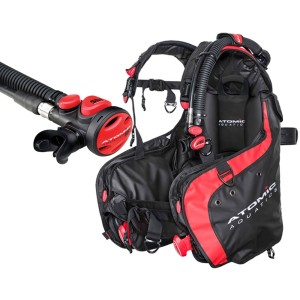
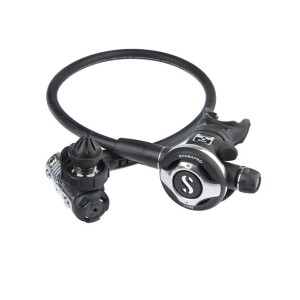
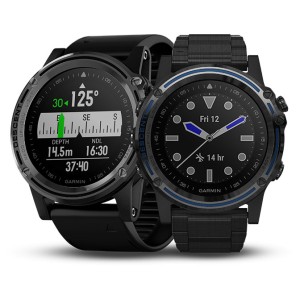
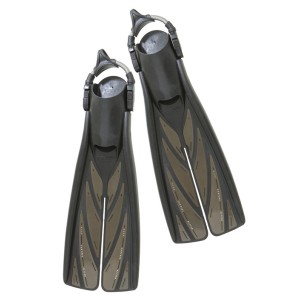
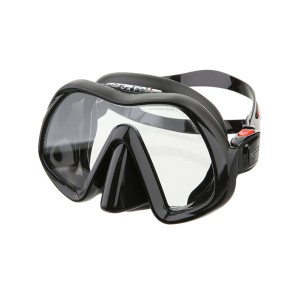
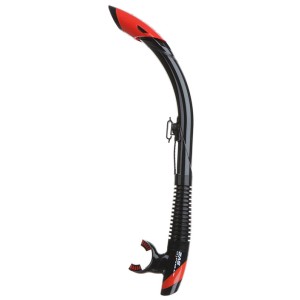
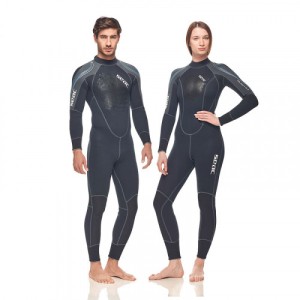
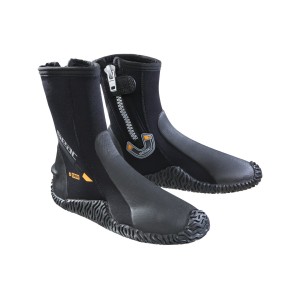

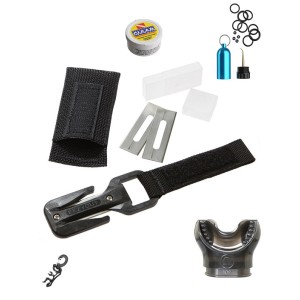





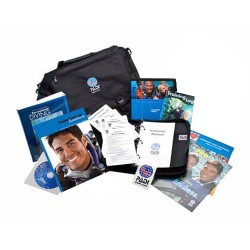


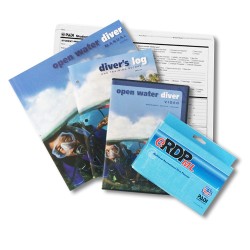
-870x812-250x250w.jpg)
-870x812-250x250w.jpg)
-870x812-250x250w.jpg)
-870x812-250x250w.jpg)
-870x812-250x250w.jpg)
-870x812-250x250w.jpg)
-870x812-250x250w.jpg)
-870x812-250x250w.jpg)


-870x812-250x250w.jpg)
-870x812-250x250w.jpg)
-870x812-250x250w.jpg)
-870x812-250x250w.jpg)
-870x812-250x250w.jpg)
-870x812-250x250w.jpg)
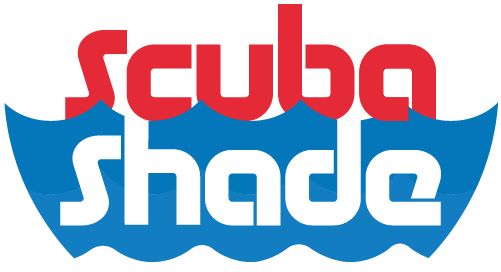


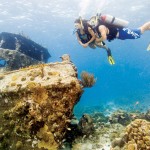

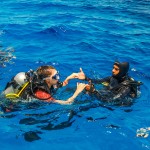

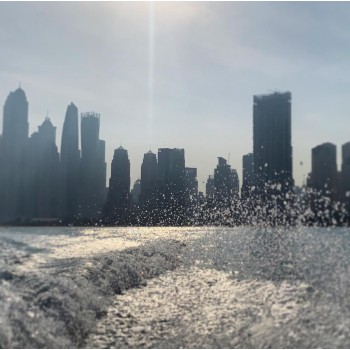
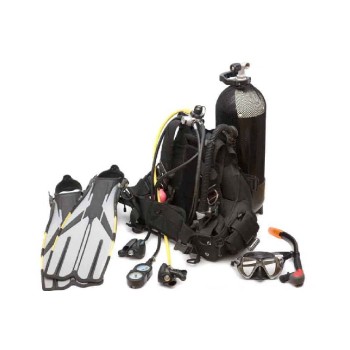


-870x812-250x250w.jpg)